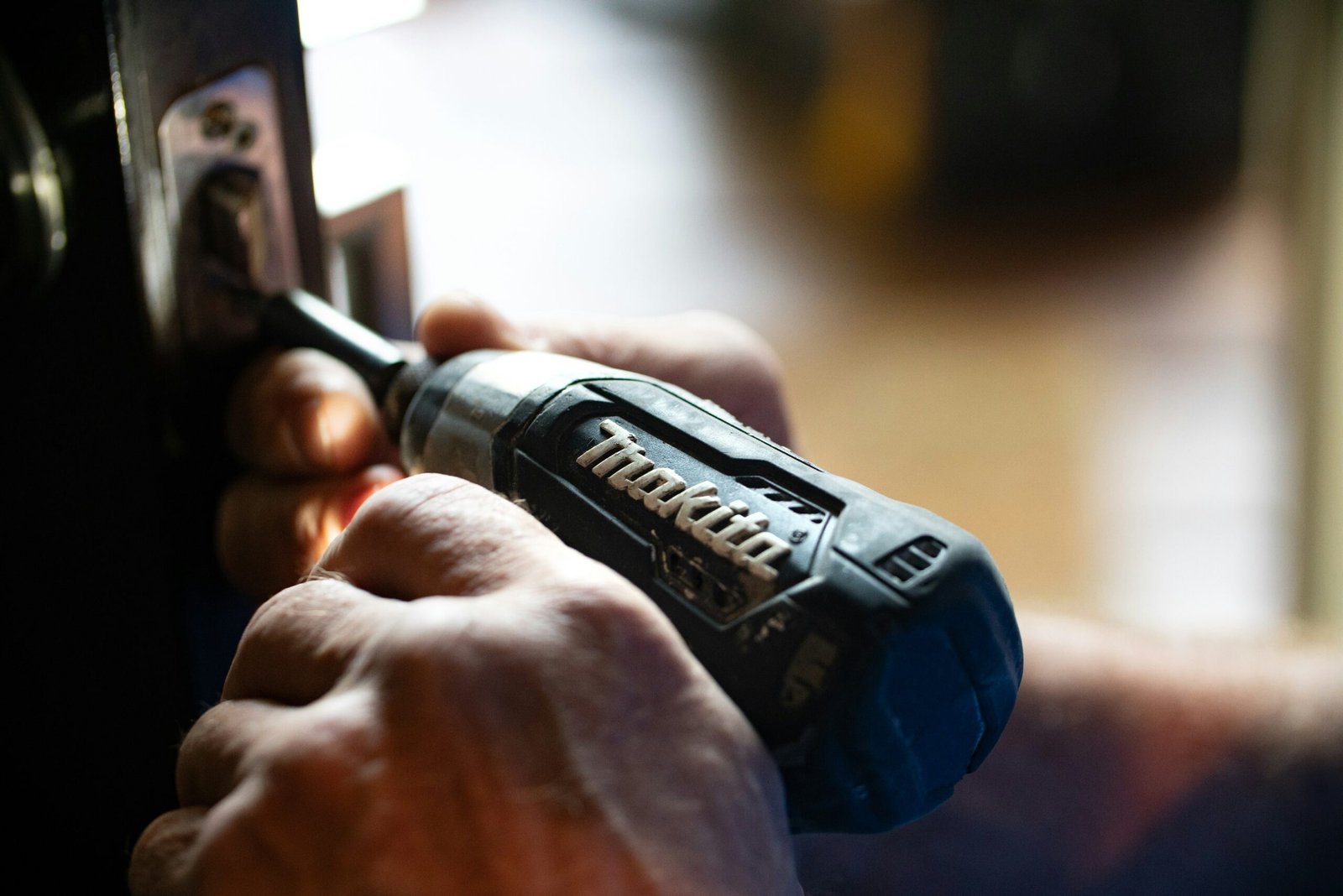In the state of Minnesota, it’s crucial to understand the distinction between licensed and unlicensed contractors. Let’s break it down:
- Licensed Contractors:
- Hiring a licensed and experienced handyman or contractor has several benefits:
- Insurance: A licensed contractor would be insured, which is important because the nature of the job poses many injuries and property damage risks.
- Proper Training: Licensed contractors have undergone proper training, ensuring they have the necessary skills for the task at hand.
- Experience: Hiring a licensed contractor means you’re hiring someone who is educated in the specific job and has practical experience.
- Avoid Costly Situations: Licensed contractors can help you avoid costly mistakes. Unlicensed contractors may not adhere to regulations, leading to potential issues down the line.
- Assurance: Hiring licensed contractors provides minimal assurance that the person offering the services understands local laws, codes, and the basics of administering a contracting business.
- Remember to compare quotes, verify qualifications, and get a cost-specific contract before making your decision. Whether you choose a handyperson or a general contractor, due diligence is essential.
- Unlicensed Contractors:
- Hiring an unlicensed handyman or contractor can lead to several serious risks. Here are some of the potential downsides:
- Fire and Electric Shock Hazards: An unlicensed electrician’s work may create fire and electric shock hazards, jeopardizing safety within your property.
- Structural Collapses: Unskilled work by an unlicensed contractor could result in damages and injuries due to structural collapses.
- Mold and Mildew Issues: Shoddy plumbing work by an unlicensed contractor might lead to leaks, causing mold and mildew problems.
- Employee Injuries: If an unlicensed worker gets injured while working on your project, you could be liable for expensive medical bills, legal fees, and lost wages.
- Unpaid Damages: Unlicensed contractors may leave your property in disarray, leaving you with unpaid damages and incomplete work.
- Additionally, construction projects done by unlicensed contractors might not meet building code regulations. If you’re selling your home and it’s not up to code due to their work, you could face costly repairs. Therefore, always verify qualifications before hiring a contractor and ensure they have the necessary licenses, bonding, and liability insurance.
In summary, hiring an unlicensed contractor can lead to legal consequences, financial penalties, and potential risks for homeowners. It’s essential to verify a contractor’s license status before engaging their services.
What does a registered contractor mean?
In the state of Minnesota, most contractors who provide residential or commercial building construction or improvement services are required to register with the Minnesota Department of Labor and Industry (DLI) through the Contractor Registration Program if they do not hold a contractor’s license. This registration is distinct from a license and serves as a way to track and regulate contractors who are not already licensed or bonded1.
Here are some key points regarding contractor registration in Minnesota:
- Registration vs. License:
- Contractor Registration: Contractors who do not hold a license but provide construction or improvement services must register with the DLI.
- Contractor License: Contractors who are already licensed or bonded by the DLI should not register.
- Documents Required for Registration:
- Minnesota Secretary of State active business filing for the legal business entity.
- Minnesota Secretary of State active assumed name filing (if using a “doing business as” name).
- Workers’ Compensation Certificate of Insurance (if the contractor has employees).
- Proof of Unemployment Insurance account with the Minnesota Department of Employment and Economic Development (if the contractor has employees).
- Exemptions from Registration:
- Contractors are exempt from registration if they:
- Hold a current license, certificate, or registration issued by the agency.
- Are employees of a business performing construction services.
- Have a current residential building contractor or remodeler certificate of exemption.
- Fall under specific exclusions outlined in Minnesota Statutes 326B.701.
- Contractors are exempt from registration if they:
- Consequences of Violation:
- Contractors who hire unregistered subcontractors, misclassify workers, or fail to register are in violation of the law and may face monetary penalties.
- Independent Contractor Criteria:
- To be considered an independent contractor in the construction industry, certain criteria must be met. These include factors related to control, financial arrangements, and other aspects of the working relationship.
- Important Note:
- Being registered does not authorize a contractor to contract with homeowners for construction or remodeling work. It is illegal for a registered contractor to present themselves as a licensed contractor or imply that their registration number is a license number.
For more information about licensing or specific requirements, contractors can contact the DLI at 651-284-5034 or dli.license@state.mn.us1.




